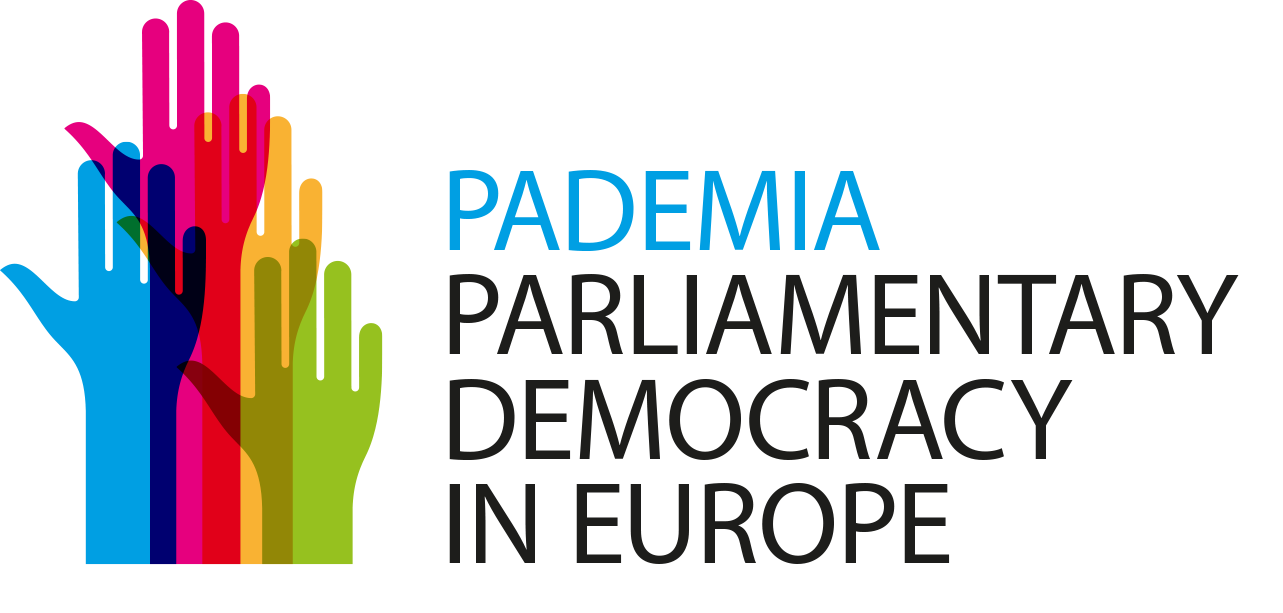
Searching for the right tool in a brand new toolbox: Comparing factors of effective parliamentary scrutiny of EU affairs after the Treaty of Lisbon
Alexander Strelkov
Abstract: The Treaty of Lisbon provides national parliaments with an opportunity to play a more important role in formulating EU policies, at least in the rhetoric of the EU officials . Yet, it remains unclear to what extent the formal provisions will be translated into political practice. The Lisbon Treaty is considered to create a new “opportunity structure” for national parliaments, providing them with means to act in EU policies which they have not enjoyed before. The paper attempts to assess which factors in the post-Lisbon environment help transform the provisions of the Treaty into political practice and hence contribute to more effective parliamentary scrutiny of the EU affairs. The national political context or parliamentary culture will necessarily leave an imprint on how then Lisbon Treaty provisions are implemented. The paper analyzes which factors/mechanisms have been the most important for a number of national parliaments to adapt (even upgrade) their scrutiny system. The focus of the paper is not so much the formal procedures but the practical conduct of scrutiny across several member-states’ parliaments. Also, no attempt to quantify parliamentary influence is made. On the basis of “diverse” case selection strategy (Gerring 2007, Seawright and Gerring 2008) and exploratory interviews with the representatives of national parliaments (October-December 2010), the legislatures of Sweden, Czech Republic and Romania were selected, exemplifying a whole range of strength of EU member-states’ parliaments. The paper concentrates on the scrutiny of two EU proposals, namely, the “Green Paper on pensions” (COM 2010 0365) and Proposal for directive on seasonal third-country migrants (COM 2010 0379). These policy proposals are presented as “critical cases”. Despite the general unimportance of EU issues for an MP’s re-election, pensions and migration are crucial for voters; hence MPs would have an electoral incentive to invest time and resources into the analysis of the two EU policy documents. Different factors contributing to better parliamentary scrutiny are linked to the various aspects of the new post-Lisbon “opportunity structure”. First, the legal factor relates to the “scope of opportunity structure”, namely the formal norms and rules of procedure, which define the room of maneuver of a parliament. Second, the administrative factor relates to the “cost of opportunity structure”, e.g. the resources (staff, expertise, time constraints) which the national parliaments need to have in order to make use of the new provisions. Third, the institutional practice factor relates to the “implementation of the opportunity structure”, namely relations between the various actors (committees and plenary, political parties, chairs and rapporteurs) involved in the scrutiny process at both domestic and EU level. The paper argues that effectiveness of parliamentary scrutiny of EU affairs after the Lisbon Treaty depends primarily on inter-party relations, on the one hand, and between the European Affairs committees and standing committees, on the other hand. In none of the parliaments addressed in the paper have the administrative structures been boosted or relations with EU-level stakeholders developed actively. The interest of political parties to instrumentalise (or not) the Lisbon Treaty provisions to achieve policy goals is the key factor influencing the effectiveness of the EU affairs scrutiny. In the cases of Romania and Czech Republic increased inter-party rivalry have diminished the opportunities for more effective scrutiny, while in Sweden party loyalty and consensus culture has also somehow limited the activity of the European Affairs Committee. The political parties are reluctant to make a clear connection between the EU and domestic politics even if creating such a linkage could help them address their electoral interests.
OPAL Online Paper No. 3/2012
ISBN: 978-90-818813-2-6
